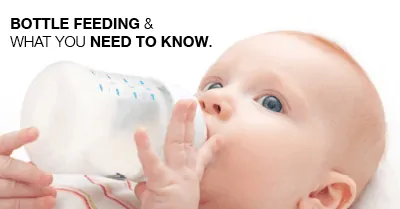
Much of the tooth decay we see in very young children is what we call baby bottle tooth decay. This usually occurs when children have been allowed to either go to bed with a bottle of milk or juice or carry a bottle or sippy cup all day. Both milk and juice have a high sugar content and when they pool around the child’s teeth from the bottle, or come in frequent contact with the teeth from a sippy cup, the sugar encourages cavity development and the acid in these beverages attacks the enamel as well. Even putting a baby to bed with a bottle of breastmilk is discouraged, as breast milk, like any milk, is high in sugar.
We recommend that children go from breast to cup. If an infant is bottle fed, the bottle should only be offered from a parent’s arms, not propped in bed with the child or in a bouncy seat. We also recommend that the bottle not be replaced by a sippy cup of milk or juice all day.
Here are some healthy tips to help protect your child’s teeth from decay:
`
Some people wonder why protecting baby teeth is so important since they will eventually be lost and replaced by adult teeth anyway. The primary, or “baby,” teeth play a crucial role in dental development and intake of proper nutrition. Without them, your child cannot chew food properly and will have difficulty speaking clearly. Primary teeth are also vital to development of the jaws and for guiding the permanent (secondary) teeth into place when they replace the primary teeth around age six.
If you have any questions about how improper bottle feeding can affect your child’s dental health, please call our Long Island Pediatric Dental Office today.